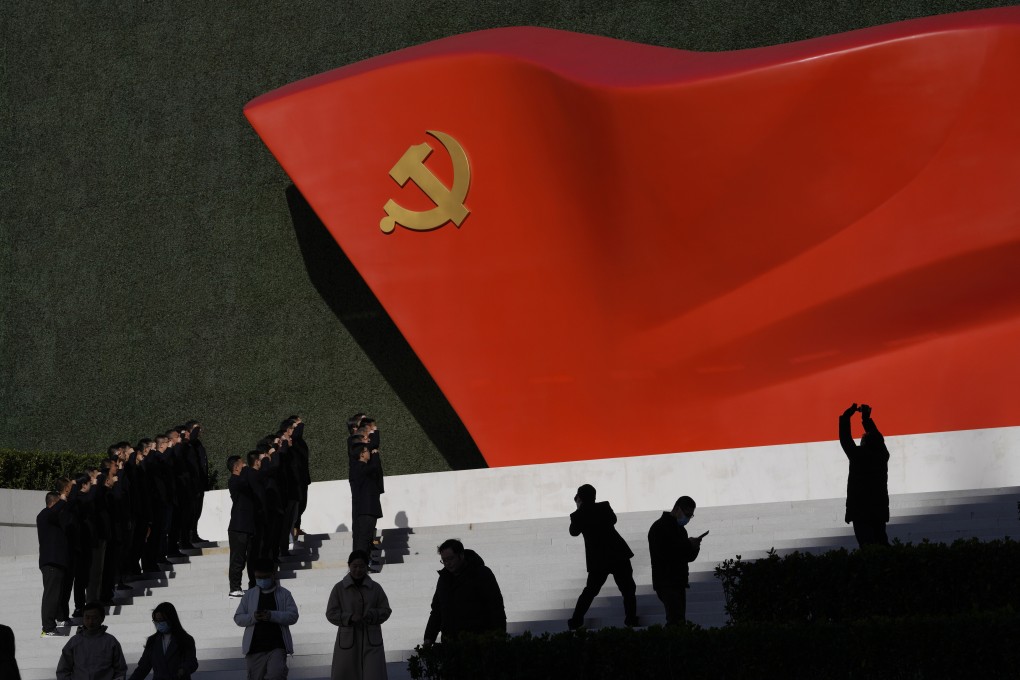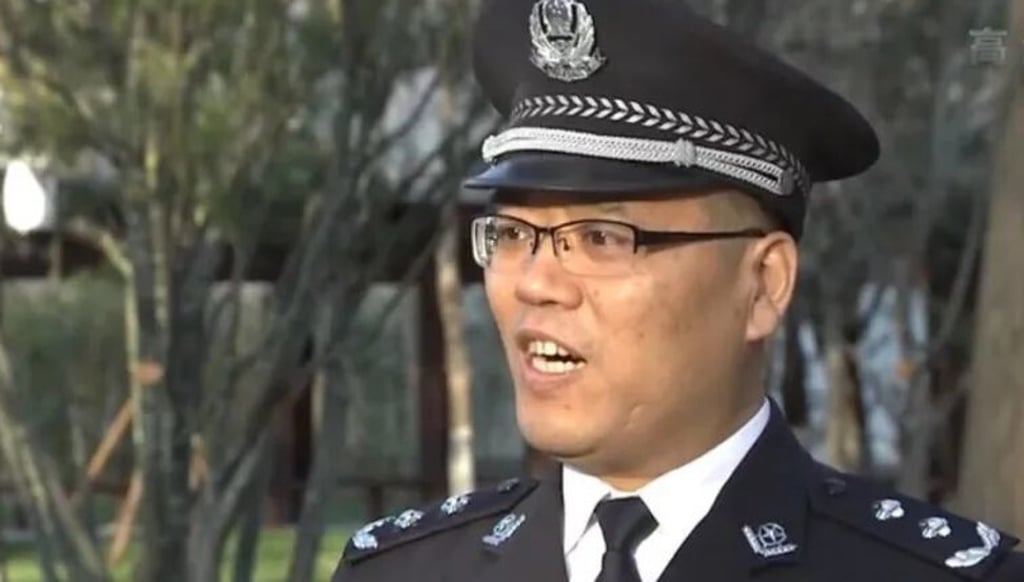China’s historical resolution puts focus on rising national security threats, pledges ‘fight to the end’
- Resolution says ‘China’s ability to maintain national security is insufficient, the ability to respond to various major risks is not strong’
- It praises President Xi Jinping’s holistic approach to national security and Beijing’s security efforts in Hong Kong, Taiwan and Xinjiang

“In the new era, China is faced with more acute national security challenges, as evidenced by unprecedented external pressure, intertwined traditional and non-traditional security threats, and frequent ‘black swan’ and ‘grey rhino’ events,” the resolution said, referring to both unforeseen and ignored threats.
On Wednesday, a senior official from the Ministry of State Security made a rare appearance on CCTV evening news. Chu Baotang, deputy director of the publicity bureau of the ministry, told the state broadcaster that “national security has been comprehensively strengthened” since the 18th national congress, guaranteeing the prosperity and long-term stability of the party and the country.

The 36,000-word resolution, adopted at the sixth plenum of the Central Committee last week, dedicated a section to the Communist Party’s efforts in “safeguarding national security”. It said the party would “fight to the end” with any forces that attempted to subvert the party’s leadership and China’s socialist system.